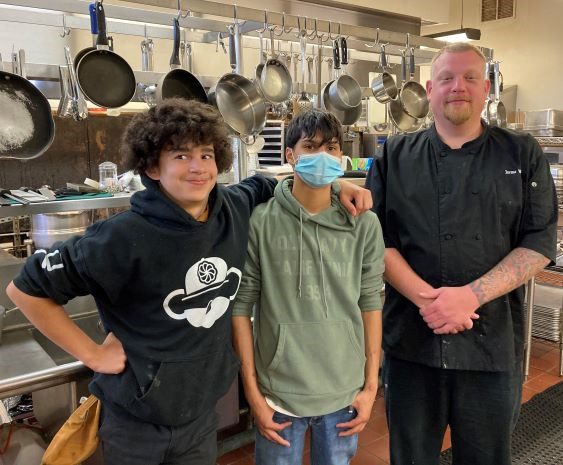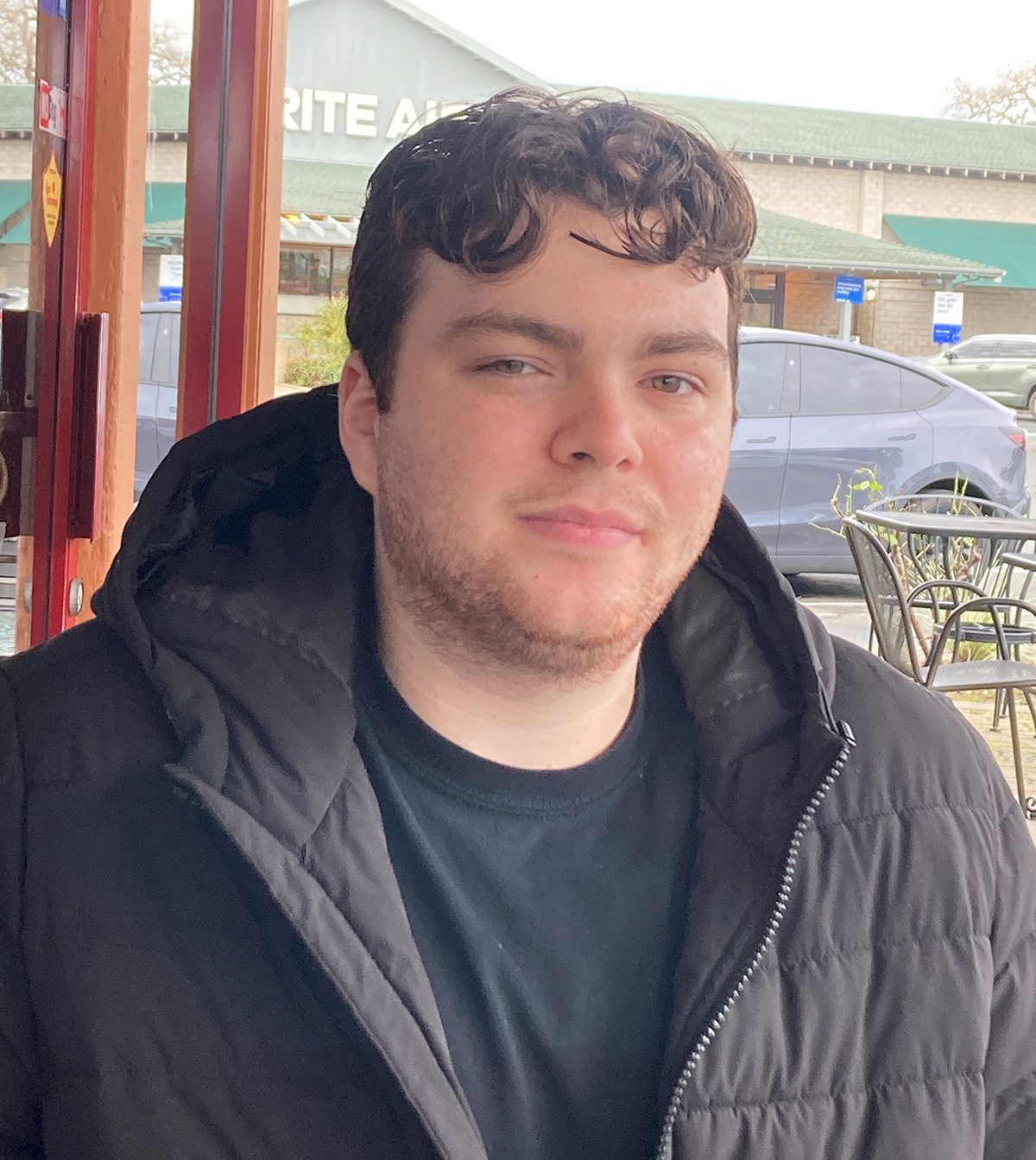Courtney Jackson, back row 2nd from right, and the Hanna Hawks: 2016 Bridge League Champions
I started my career here at Hanna in March of 1998. I was nine months removed from graduating from Sonoma State University where I received degrees in Criminal Justice and American Multi-Cultural Studies. My plan was to go into law enforcement, but what I failed to realize upon graduating was the length of time the process of becoming a police officer would take. I figured I would get a job to hold me over until I was hired on with a department. It was around that time that a good friend of mine, and former Hanna boy, Bobby Alexander, introduced me to Hanna.
My first day at Hanna was an awakening for me. Everything I had imagined these boys to be was completely dispelled. Yes, they were tough to deal with—But nothing could have prepared me for the motivation that would be bestowed upon me, forever driving me to want to stick around and fight the good fight.
I have always been moved by a good story. I am especially a “sucker” for good old fashion tales of triumph: started from the bottom only to rise to the top. Hanna is great place to find a treasure chest filled with these types of stories.
As I got to know the boys better, I found that they were eager to share their experiences with me. The more I listened, the more they shared. Soon, I found myself fully invested and drawn into their storylines. More and more I wanted to see how a young Hanna boy could go from the perils of his current condition to becoming a fully functioning adult.
Initially as a Youth Counselor working in the cottages with the boys, I had an up close and personal look at this transition. There I saw many boys come in lacking the most basic coping skills. They had poor peer interaction, unsavory social skills, and in many cases a complete lack of respect for authority. To watch a young man come in displaying these attributes is hard, but to have six or seven of them come in at the same time displaying those characteristics can be downright daunting. After a few months, many of the boys started to show improvements. The boy who once struggled to get out of bed in the morning is now completing his morning task at an admirable level. Another who used uncontrollable profane language is now using syntax that includes the nouns “Sir” and “Ma’am.” The improvements were stunning.
After a year of service in the childcare department, I transitioned into the position of a Recreational Specialist (Rec Staff). In this area, I was able to infuse two things that I had come to love throughout my life: helping kids and sports. As a spry young man I could go five or six hours straight playing everything from indoor hockey to capture the flag. Trust me when I say, I needed every ounce on energy I could muster as the boys required me to play with them every day, all day. The most compelling moments I experienced in the Rec Department would have to be those spent with Mr. Montano, out on the road coaching wrestling. Not only did I lack experience with wrestling, but I had actually never seen a wrestling match take place. With 15-20 kids participating on the team, there were far too many boys for Mr. Montano to oversee. He entrusted several boys into my care and I took that responsibility seriously. We would show up to these high school gyms with a group of boys that epitomized the role of the outsiders. In an arena filled with finely sculpted teenage boys, our kids came in all shapes and sizes. Most of our wrestlers had never donned a singlet before (the tight fitting tank top/short outfit wrestlers wear). This ill-fitting uniform would often work to our advantage. The competition would take one look across the mat and see a boy who looked far from prepared to do battle, maybe a little portly, and assume he would have his way. What they would soon learn is that our boys were a lot tougher than they looked. On the surface, there was no outward impression of a “warrior,” but failing to comprehend the heart and will of a Hanna boy who had been abandoned, mistreated, neglected, disregarded and left to survive on his own at some point in his life, gave them a false sense of security. I learned that it is not about what you see on the outside, it is all about what is shown from within.
Truth be told, our boys didn’t win many matches. However, they did win the hearts and attention of all of those in attendance as it was very apparent that we were privileged coaches charged with the task of working with some special athletes.
Today, I am a history teacher at Archbishop Hanna. This is truly my dream job. As a history connoisseur, I could not imagine a better place to land. In the classroom, I am able to introduce the boys to the past in an effort to explain their present day existence. How did you come to be here in America? What role have your people played in the advancement of this nation? How do you plan to add to this legacy? These are all important, self-esteem driving questions that everyone should know the answers to. My role is to be the conduit to those answers.
In the end, I feel like I am just as much a Hanna Boy as I am a staff. I say this because Hanna has been significant to my own personal growth as a man and a father.
To this day, the stories continue to be told…so I continue to listen. As many of the boys intone in their graduation speeches, I too feel a level of indebtedness to Hanna. I am a long ways from the days of wanting to moonlight at this job while I sought out other opportunities in law enforcement. My earthly duties appear to be in front of me: working with the boys. Almost 1500 boys later, I’m here to stay.
I was once told that I should never fall in love with my job, for it can never truly love me back. Well, so far so good. – Courtney Jackson, History Teacher & Basketball Coach, Hanna Center
Check out all the photos from this years 2016 Small School Bridge League Tournament here!


